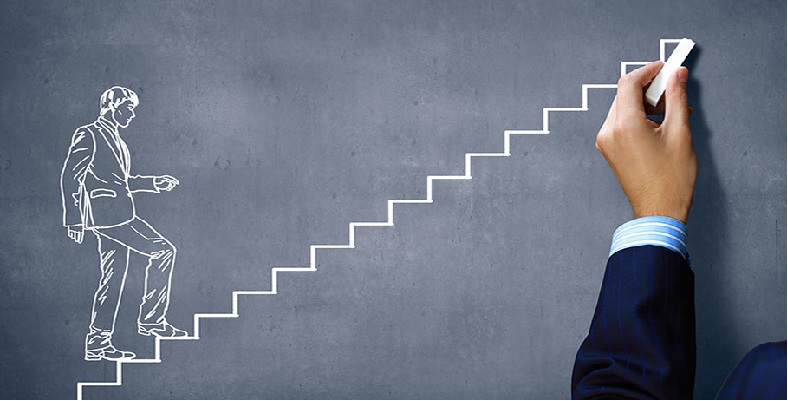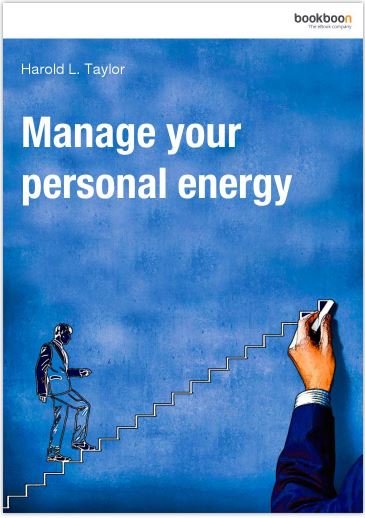Personal Performance: Are Distractions Depleting Your Energy?

 Our brains do not have an unlimited amount of energy to process information and make decisions throughout the day. Nor can our bodies absorb the ever-increasing demands of 24/7 connectivity, multitasking and increasing workloads, without a concomitant reduction in efficiency and compromised health and well-being. But by managing your energy – from its creation to its use – you are able to increase your efficiency and personal performance, more easily achieve your goals, and still, have ample energy remaining for an active and fulfilling lifestyle.
Our brains do not have an unlimited amount of energy to process information and make decisions throughout the day. Nor can our bodies absorb the ever-increasing demands of 24/7 connectivity, multitasking and increasing workloads, without a concomitant reduction in efficiency and compromised health and well-being. But by managing your energy – from its creation to its use – you are able to increase your efficiency and personal performance, more easily achieve your goals, and still, have ample energy remaining for an active and fulfilling lifestyle.
Distractions affect your short-term memory and reduce your ability to make purposeful decisions. For example, if listening to your car radio, you could miss your turn off, and if watching TV, you could nibble your way through 1000 calories.
Willpower or self-control is a limited resource. If you have to use much of it to cope with stress in your life, for instance, you could more easily slip back into old habits that depend on self-control to successfully master.
Energy is a renewable resource.
Self-control requires energy that can easily be depleted if you are involved in a lot of decision-making, multitasking, problem-solving, interruptions or mentally taxing projects. It can be replenished by such things as sleep, relaxation, exercise, regular breaks and a balanced diet. It can also be boosted in the short term by simply standing up and stretching, having a coffee or munching a sweet. Munch in moderation, however.
Manage your energy.
Rather than drain your current energy, you should protect it by choosing a suitable working environment, adopt policies that eliminate continual interruptions, and maintain a work pace that does not create stress or put an unrealistic demand on your brain.
This might be achieved by limiting work sessions to a maximum of 90 minutes without a major break and alternating between mental work and physical or emotional work throughout the day. Habits and routines also consume less energy since your brain switches them to autopilot.
Distractions are increased with digital technology and social media.
Distractions, in particular, are energy drainers because they involve multitasking – switching mentally too and from the interruptions – in an attempt to address those new challenges while maintaining a degree of focus on the project at hand.
That’s why it’s important to build habits like:
- turning off cell phones
- engaging voicemail on land lines
- ignoring email
- and having a workplace devoid of visual distractions while you focus on your priority work
For more information on personal performance and energy management, refer to my eBook, Managing your personal energy, that you can download here:
If you liked this article, then also read these articles by Harold L. Laylor:
- Why does life seem to go faster the older you get?
- Managing Stress: Coping With an Illusion of Urgency and a Reality of Stress
- Internal Time Management: Using Your Natural Body Rhythms to Increase Your Effectiveness
[bookboon-recommendations id=”e58d2025-80db-4c8f-a72f-a56100ae1587″ title=”You might also find these books interesting:”]
